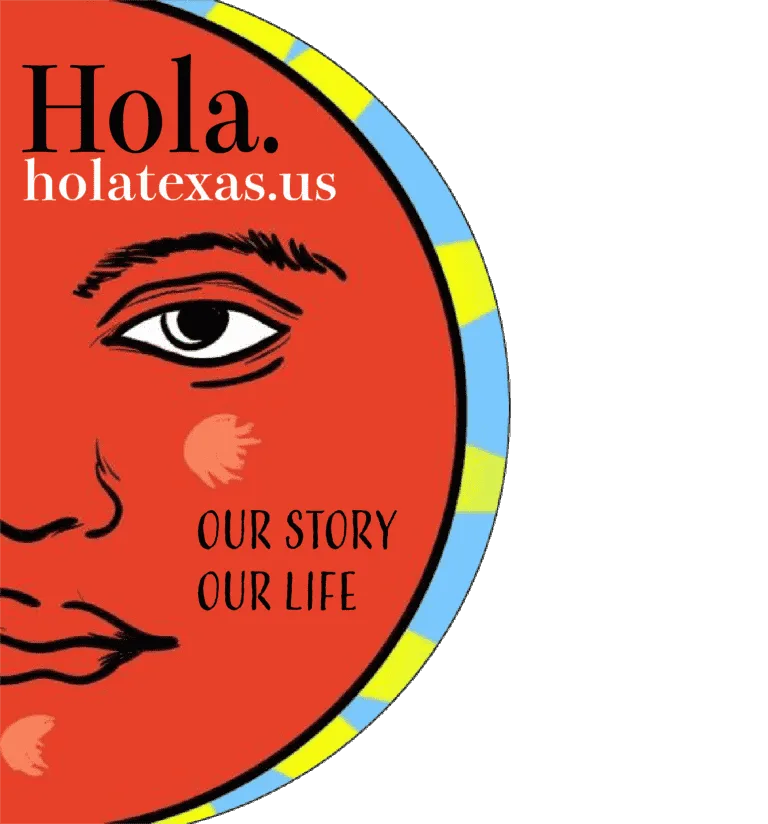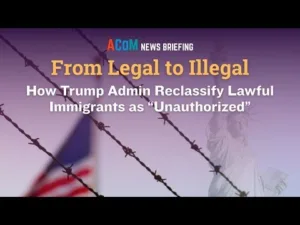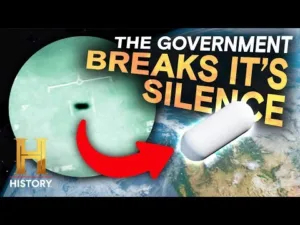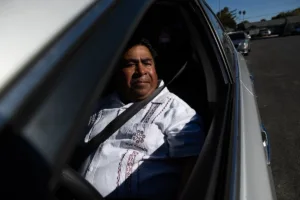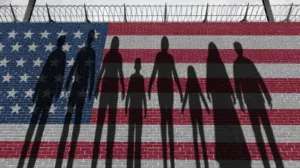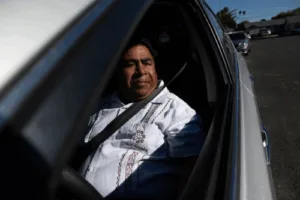If you are a minority elected to office in the last 40 years, chances are you owe it in part to Willie. Not because he was the founder of MAYO (Mexican American Youth Organization).
Story By A. Govea
Not because he was once the Boycott coordinator for UFW in the Rio Grande Valley. Probably not for his work as a field director for the Southwest Council of La Raza, or La Raza Unida party founder with Jose Angel Gutierrez.
Pero all those roles were ones he had on the way to a Presidential Medal of Honor presented to him posthumously by President Bill Clinton in 1995. In addition, despite Republican opposition on May 9th, 2014, on what would have been his 70th birthday, Texas Legislature authorized a Willie Velasquez Day. Unfortunately, Mr. Velasquez died in 1988 from complications from kidney cancer at the of 44. According to those that were close to him, he suddenly started feeling ill, was diagnosed with cancer, and sadly a month later, he passed. His work and that of the SWVP changed Texas politics forever, and this is how and why he did it.
After seeing the success and the demise of the Raza Unida Party, he created something more lasting and narrative changing. So, he then spent years starting in 1970-71, creating the Southwest Voter Project. And after much planning and raising seed money in 1974, he finally opened his office with a folding chair, a borrowed rotary phone, and a small desk. The overall goal was to increase minority voter participation in the political process, especially Latinos in the Southwest. Mr. Velasquez determined this was the only way for Latino empowerment.
Initially, the process involved getting more people in marginalized communities registered to vote through community-based voter drives. However, rather than just sending paid staff from their office to run the drives, they recruited directly from the target city or community. The premise here was to recruit someone already connected and trusted in the community to head their own community project. Once that person was chosen and vetted, they would then travel to the Texas Headquarters for SWVP for training, which is how I was lucky enough to meet Mr. Velazquez and go through organizational leadership training that he and others at the project developed. Willie was a charismatic leader, and you could not help but listen to his every word. And you believed what he told you because the passion in his voice meant that he believed in what he was saying. Once trained, you became an official project organizer ready to go home and go to work.

In some communities, the increase in minority voters had an immediate impact on city and county elections. The face of city and county government was more reflective of all its citizens. However, not everywhere, many Latinos would say, “Why vote, we never elect the people we vote for.” And most times, they were right. Initially, the response from the SWVP was to register even more people, but again in most cases, the same results. A closer study revealed that in cities where all political candidates were elected at large, anyone with a Latino surname stood no chance at majority White cities. So, to be clear, you could live and run out of a district that was 70% Latino, but if the city were majority White and your name was Gonzalez, “No way, Jose. “This practice of At-Large voting was along with gerrymandering; voter intimidation was a lasting part of the Jim Crow era. Unfortunately, this year’s president’s election has brought back some old obstacles and some new twists.
This led to first asking those cities with at-large elections to change to single-member districts in the name of fairness. And as you can guess, most said no, so then came the lawsuits Southwest Voter Project filed lawsuits along with LULAC, NAACP, MALDF, and others. At first, most cities fought to keep things as they were. But then after seeing the losses by cities all around, many just waved the White Flag (No pun intended) and said okay, Dammit, let us do it. When I became the project director and had an interaction with the County Asser, she told me, “Oh, you’re one of those people.” So, we were not well welcomed by the city government. Pero, although I do not remember the numbers we registered, I know we reached our goal. And in the process, elected the first Black and Latino to the city council and school board respectfully, which was a first in Midland, Texas. The initial goal that Willie and the SWVP had was to get minorities more involved in the political process through empowerment was showing some genuine progress. The second goal to create a well-informed electorate can still be debated. This year’s presidential election may answer that question based on the clear divide on the issues that affect our community. One thing is clear to me: Willie lives on in every campaign for empowerment in our community. A former staffer once said, “…Willie was always in a hurry, maybe he knew his life would be short, but imagine what he could have done had he lived another ten years?” On a personal note, life has kind of come full circle for me as my Granddaughter also went through the same training I did and became a Project Director as I once was. Last, I ask that you honor his memory by participating in the political process and if you are called to run for office, please do so.
